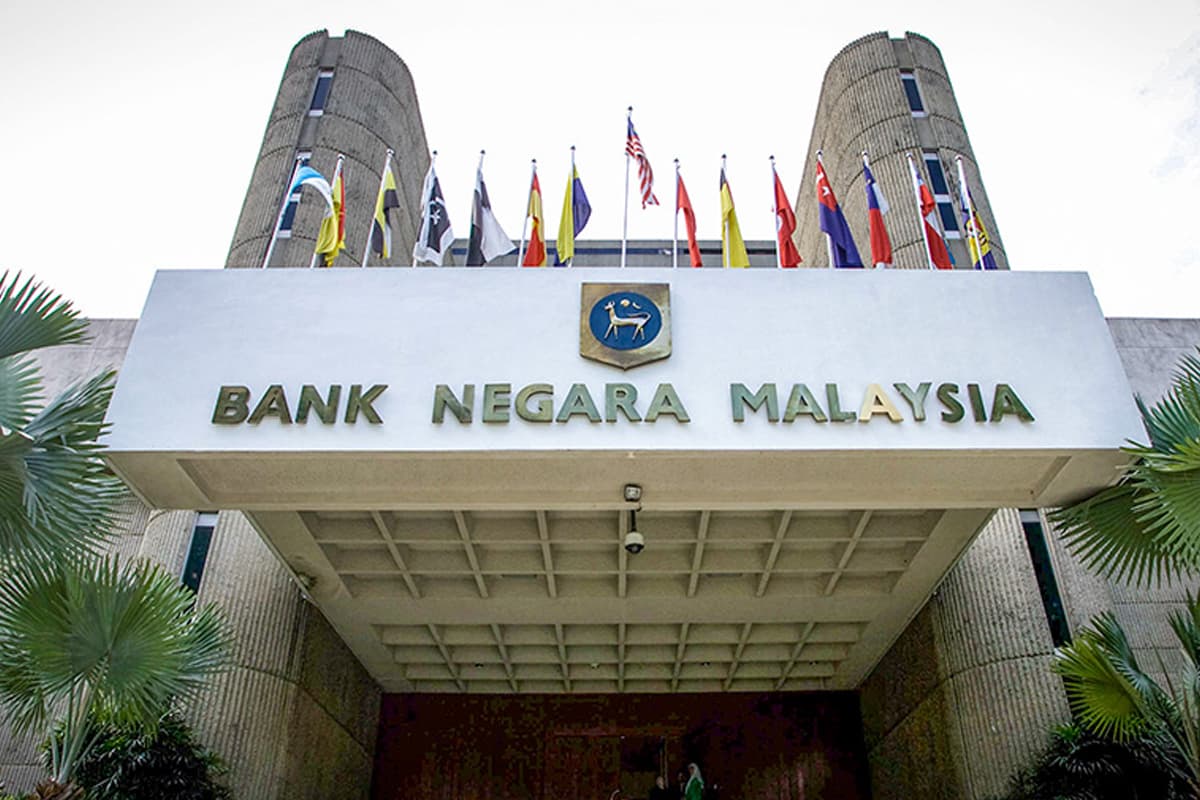
KUALA LUMPUR (Aug 14): Bank Negara Malaysia (BNM) says there is still room for additional targeted policy measures should there be a second wave of Covid-19 infections, which should allow Malaysia’s economy to endure the challenging conditions.
BNM governor Datuk Nor Shamsiah Mohd Yunus said there remains considerable uncertainty surrounding the pandemic, which is still unfolding globally, and consequently its economic fallout.
However, preemptive measures such as Malaysia’s compliance to standard operating procedures (SOPs), effective contract tracing and targeted enforcement of the Enhanced Movement Control Order have helped in ensuring that the number of cases remain contained and mitigates the need for the reintroduction of nationwide containment efforts.
This would also limit the potential for an adverse economic fallout, she said.
“However, should there be a second outbreak, there is room for targeted policy measures to augment the ones implemented earlier. For example, the bank’s policy levers can be expanded or extended within its mandate so that the economy can endure these challenging conditions.
“These include our monetary policy, liquidity and financial measures. Likewise, the government will retain some fiscal space to provide stimulus and support for households and businesses if the need arises,” said Nor Shamsiah.
Asked if the central bank will be further lowering its overnight policy rate, she said that the Monetary Policy Committee will continue to make decisions based on the outlook for growth and inflation.
Meanwhile, on the raising of the nation’s statutory debt ceiling, the governor said it is important to ensure fiscal support for growth to protect the economy and the most vulnerable segments of society.
“The government had in the past revised the statutory debt ceiling on several occasions. This was done to provide greater flexibility to manage a crisis,” said the governor.
On the impact that raising the debt ceiling may have on Malaysia’s sovereign ratings, Nor Shamsiah said the nation’s ratings will continue to be supported by its growth resilience and policy credibility, including the government’s commitment and good track record of its fiscal consolidation efforts.
Meanwhile, BNM deputy governor Shaik Abdul Rasheed Ghaffour said the focus should not be too much on the headline fiscal deficit figures and that the rating agencies should give importance to the role of Malaysia’s fiscal response in the unprecedented crisis, given the targeted and time-bound response.
“The incredible fiscal consolidation over the years has also afforded the government with the fiscal latitude needed to support the economy during periods of economic slowdown. It remains imperative that once growth recovers, the fiscal space utilised during this period is gradually rebuilt to ensure long term sustainability of the economy,” he said.
Nor Shamsiah said Malaysia’s financial system entered the pandemic from a position of strength and that the banking system has strong buffers to weather the challenging environment.
The impact on Malaysian banks will be manageable, she said, noting that impairments are currently at historical lows at about 0.9% of total banking system loans.
“Given the strong buffers of banks, a rise in impairments from such low levels should be well within the capacity of banks to absorb,” said the governor.